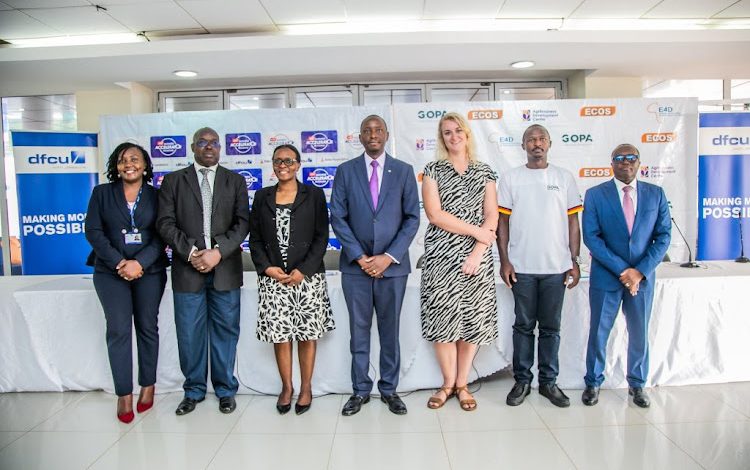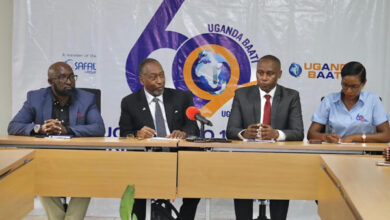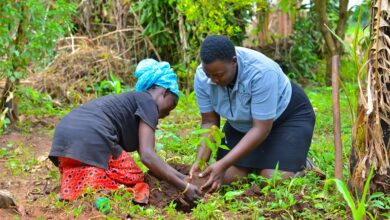Agribusiness enterprises to benefit from ADC business accelerator program
ADC will address cohorts 2 and 3 with a multifaceted approach that includes training, mentorship, coaching, and technical assistance.

The Agribusiness Development Centre (ADC), in partnership with DFCU Limited and the Rabo Foundation, has collaborated with GOPA Worldwide Consultants to implement training for Cohorts 2 and 3 of the Business Accelerator Programme (BAP).
This has been done in accordance with the Enhancing the Competitiveness of Small and Medium Enterprises (ECOS) project which is funded by the Deutsche Gesellschaft für Internationale Zusammenarbeit (GIZ) GmbH.
Josephine Mukumbya, the Executive Director of ADC, reveals that to be selected for the acceleration programme scheduled to take place in the first quarter of 2023, the business should be registered, have products or service running, youth centered and gender inclusiveness.
“We shall integrate key themes of gender and green growth for sustainability within the training modules. The outcome will be enterprises developing strategies and establishing key indicators to track women’s participation in SMEs leadership,” she adds.
Jimmy Byaruhanga of ECOS notes that they have partnered with UNBS, Uganda Export Promotion Board and ADC to ensure the creation of jobs and better working conditions through export promotion.
“The success of any training is implementation; if you learn and don’t implement [what you have learnt] then you are not any different from people that aren’t here,” said Byaruhanga.
The mandate of ADC is to build agribusiness capacity to bankability and self-sufficiency. This can help businesses realise increased incomes and job creation aligned with the goal of the ECOS project and the dfcu vision to transform lives and businesses.
DFCU achieves this through innovative solutions and empowering people which contribute to the four key pillars and objectives of the National Financial Inclusion Strategy (NFIS), one of which is: ‘Reduce Financial Exclusion and Access Barriers to Finance.’
Agriculture is one of the core sectors that DFCU has committed to supporting and has put in place initiatives to de-risk it.
The bank has purposefully developed various agri-products such as Agri-Asset Financing, loans for agricultural production, Farmer Group Accounts, Business Loans and Loan Savings among others.
The Managing Director of DFCU, William Sekabembe says they are working with partners who provide guarantees and train farmers within the agriculture ecosystem to improve their capabilities to access funds and utilize their funds effectively.
“We are aware of the challenges that come with financing the agricultural sector so we have extended our partnership to work with insurance providers to ensure the challenges faced in the agricultural sector are covered,” Sekabembe noted.
He adds: “We are one of the biggest off-takers of the agriculture credit facility which is a partnership between the bank and government to provide financing to farmers at a subsidized price. 15% of our lending book is within the agricultural value chain,”
“Our commitment to supporting agriculture has been supported by partners such as the Dutch embassy which provides technical support to help us equip our staff with understanding the value chain,” he added further.
ADC will address cohorts 2 and 3 with a multifaceted approach that includes training, mentorship, coaching, and technical assistance.
The strategies will be used together to address the major barriers to accessing and using financial services for improved business operations, investment preparedness, and connections to capital for development and jobs.
By the end of 2023, 50 jobs will be created by the enterprises that will graduate from the program. Also, 100 intern jobs will be created contractually within the enterprises.






Thank you for the technical assistance …
Thanks ADC we see the work you are doing, keep digging till you reach the last farmer